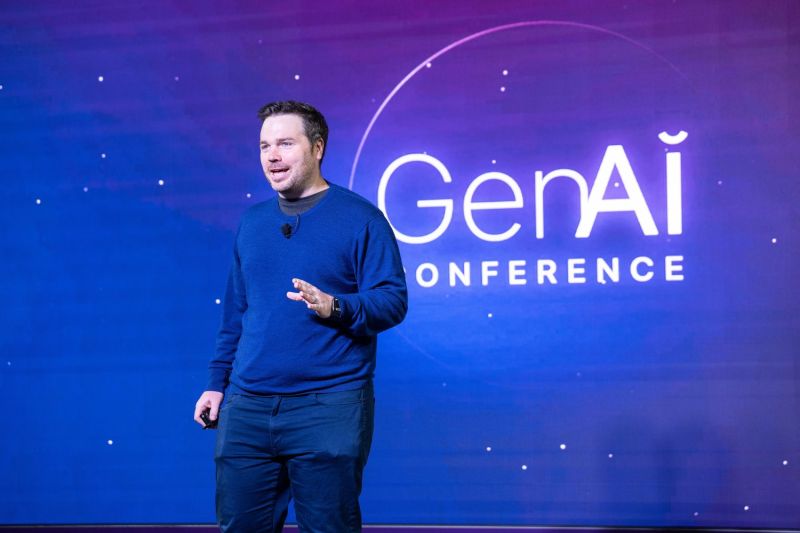
Navigating the Future: Kevin Roose's Viewpoint on AI and Journalism
Journalism is at a fascinating crossroads at a time when artificial intelligence (AI) is making ripples across a wide range of industries. Kevin Roose, a well-known technology journalist for The New York Times, has extensively covered this transition. His theories help us grasp that artificial intelligence (AI) is more than just a term; it is a powerful force that is transforming the way we receive and produce information.
AI in the Newsroom: A Gamechanger
A decade ago, we couldn't have foreseen how AI would impact journalism. AI enables journalists to focus on in-depth investigative stories by automating reporting details and producing data-driven findings. Kevin Roose has been closely following this development. He points out that, while AI can generate news items, condense information, and even create unique content, it also has some disadvantages.
For example, automation has the potential to significantly boost productivity and allow news firms to create more content. However, Roose warns of the disadvantages: the risk of job losses for journalists, as well as the spread of misinformation if AI-generated material is not rigorously checked.
The Ethical Tightrope
Roose is particularly concerned about the ethical consequences of using AI to journalism. He emphasizes that, despite AI's skills, the human touch is critical in news reporting. Although AI is good at processing data and spotting trends, it lacks the nuanced knowledge and ethical concerns that human journalists bring to the table.
Roose advocates for a balanced approach to AI that is ethical and transparent. This includes being transparent about how AI-generated material is developed and ensuring that these technologies supplement, not replace, human journalists.
The Road Ahead
Kevin Roose offers an intriguing glimpse into the future, in which AI and human journalists interact. He views AI as a tremendous tool for investigative journalism, capable of sifting through massive databases and revealing hidden truths. AI might assist combat disinformation by recognizing fake news and providing real-time fact-checking.
However, Roose is anxious about the future. He believes that the success of AI in journalism is reliant on combining technological innovation with ethical integrity. Cutting-edge technologies alone are insufficient; they must also be utilized to promote, not harm, journalistic quality.
Wrapping up
Kevin Roose's inquiry into AI in journalism offers a fascinating glimpse into how this technology is transforming the media landscape. His ideas emphasize the benefits of AI, such as enhanced efficiency and new potential for investigative reporting, while simultaneously underlining the significance of ethical considerations and the unique contribution of human journalists.
As AI evolves, voices such as Roose's will be crucial in guiding the industry through this difficult but exciting transformation. The future of journalism looks to be a hybrid of human understanding and artificial intelligence, with one complementing the other to provide faster and more reliable news.





